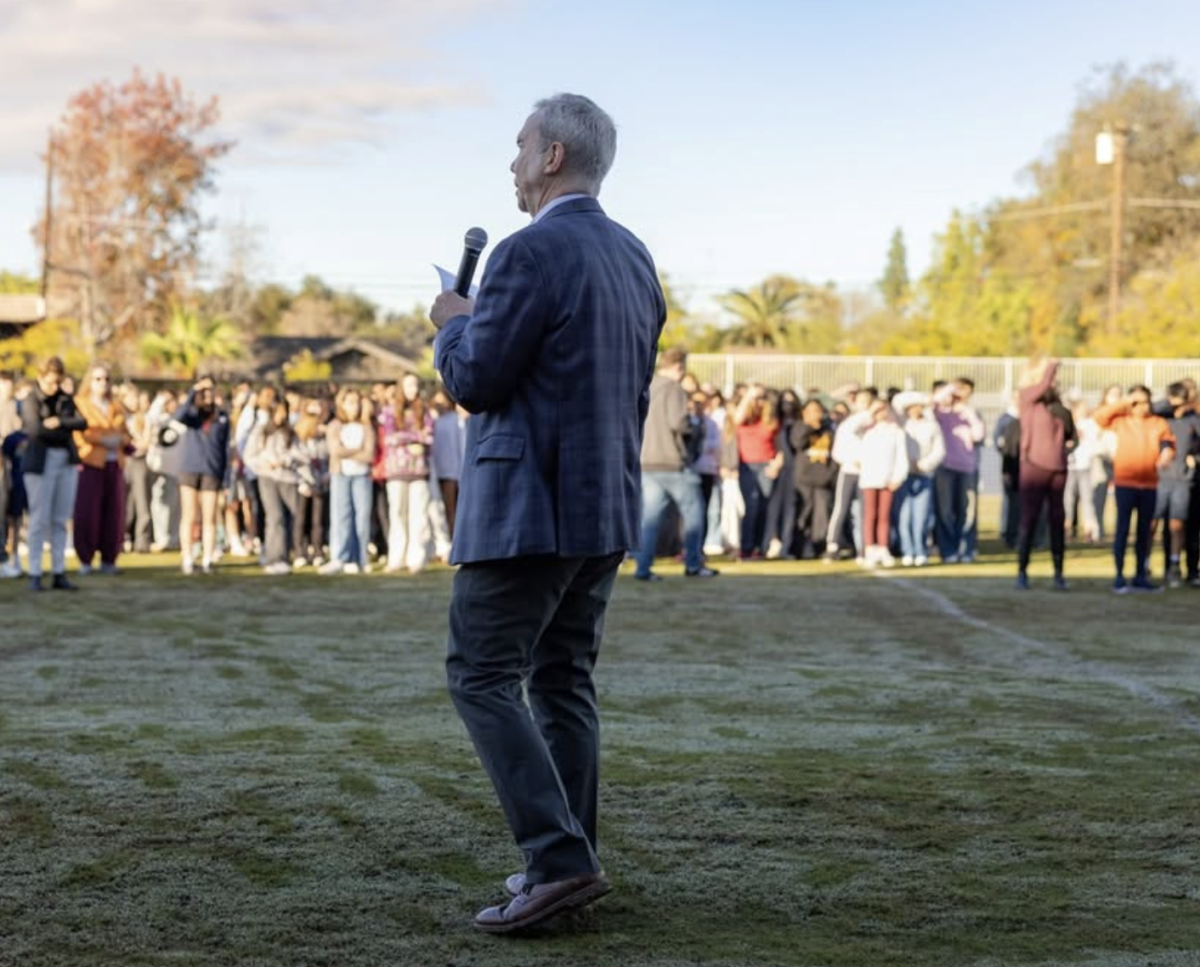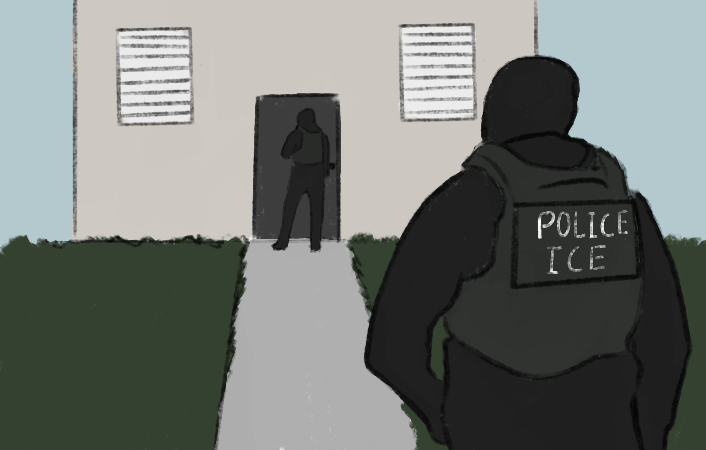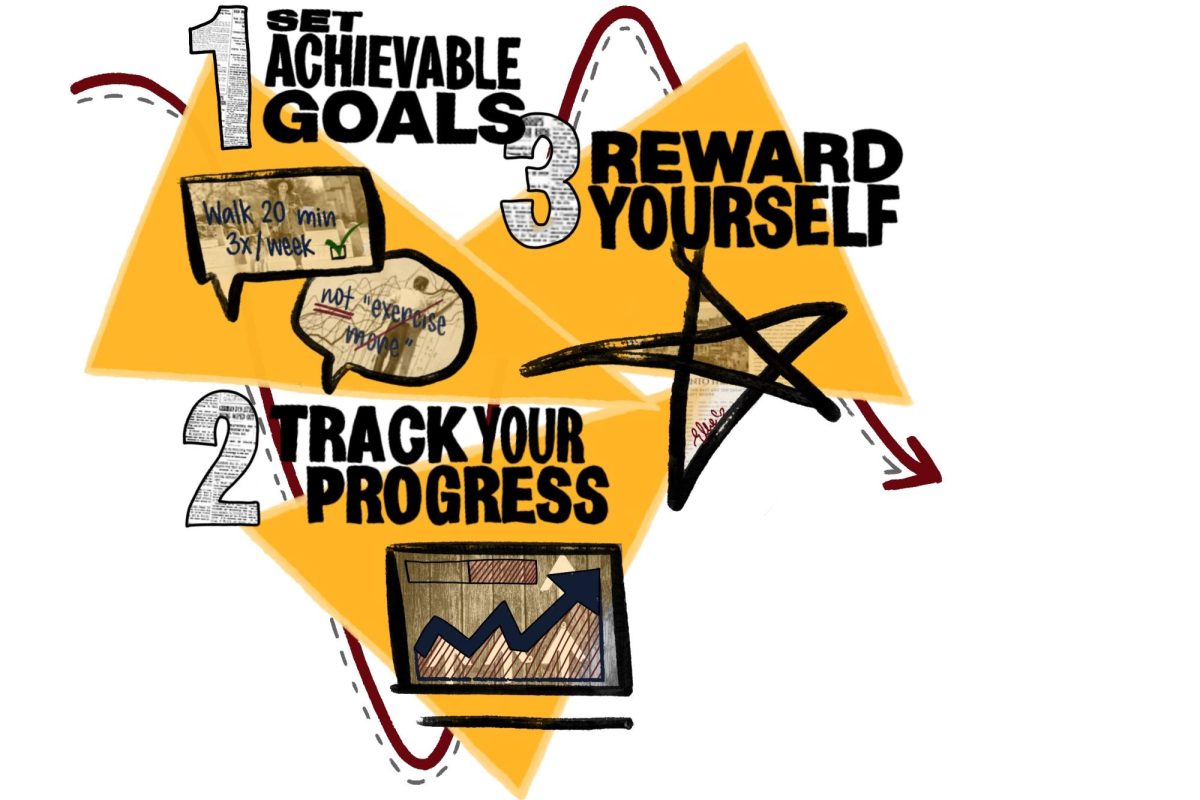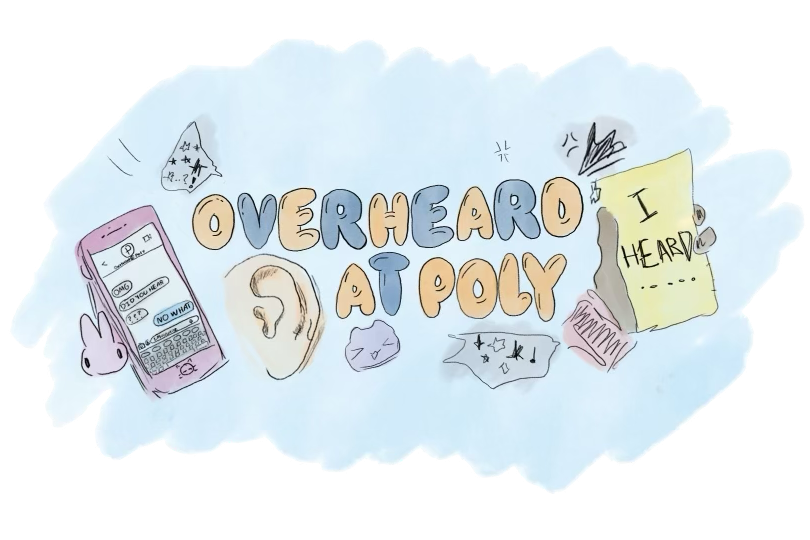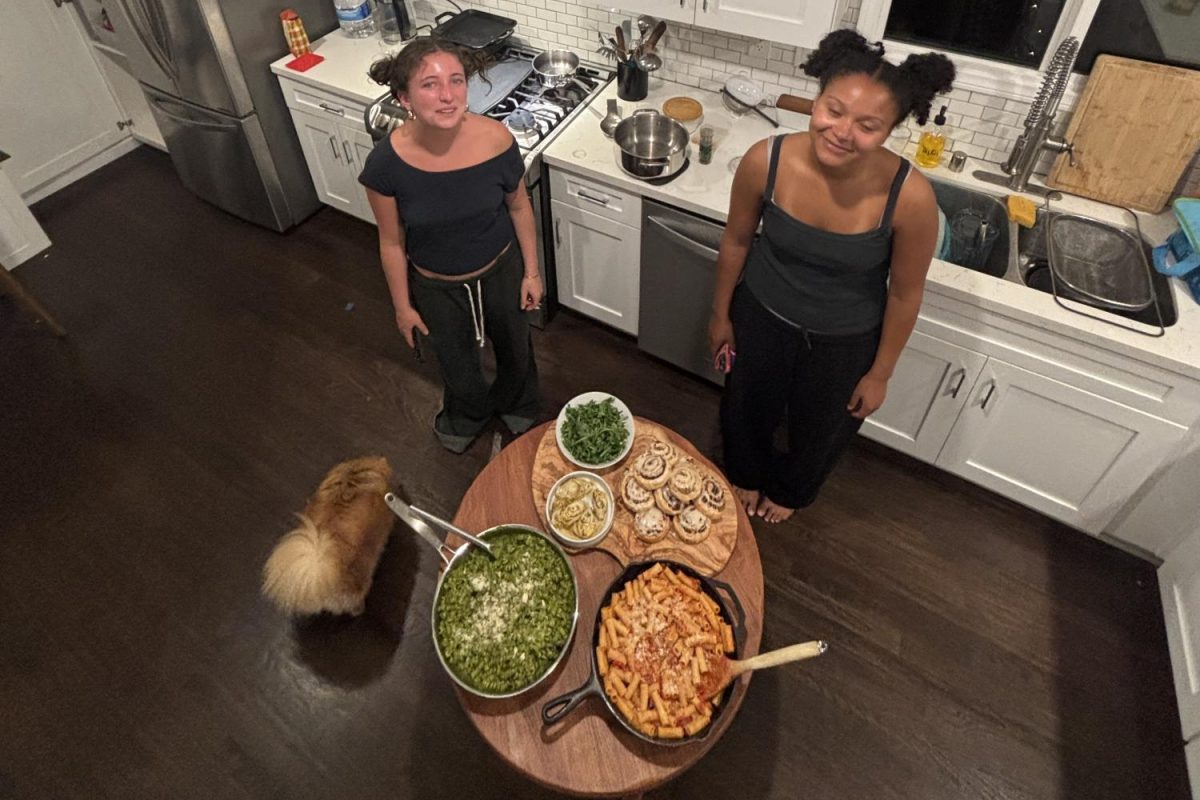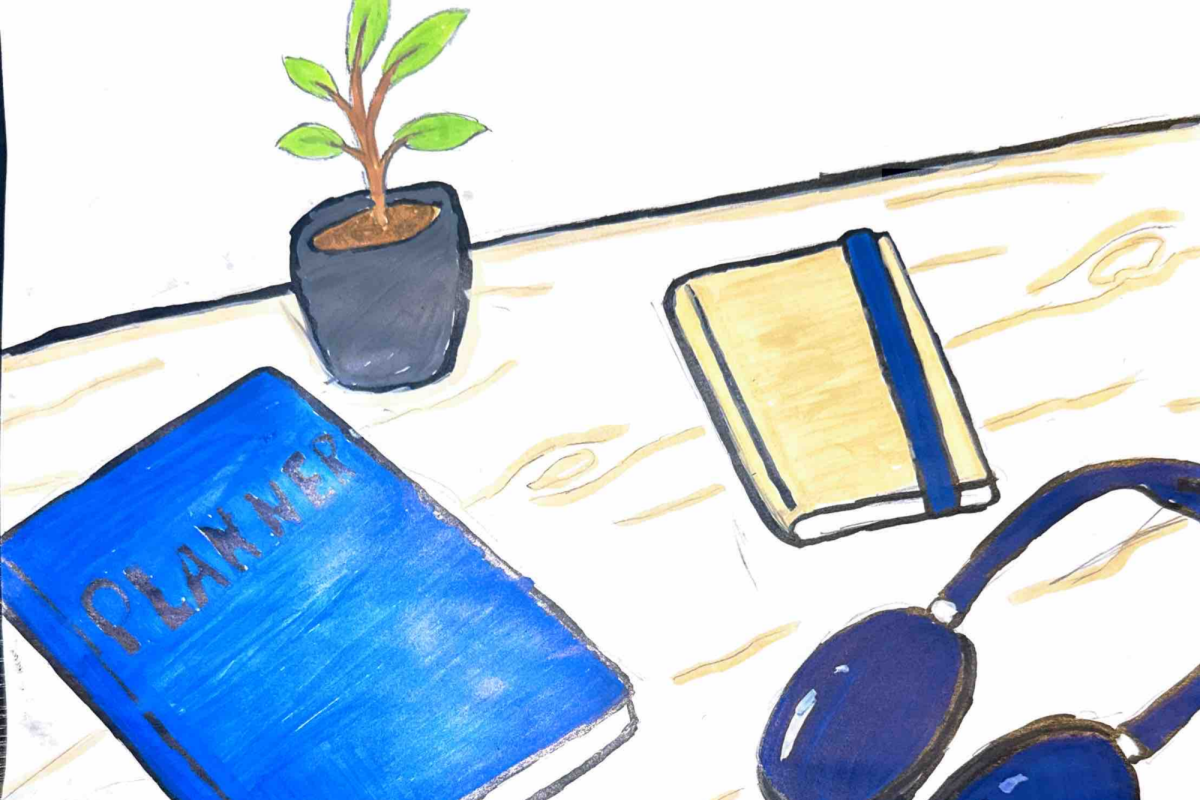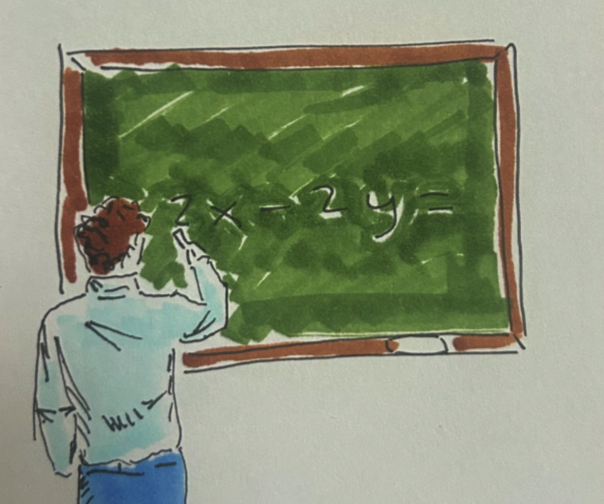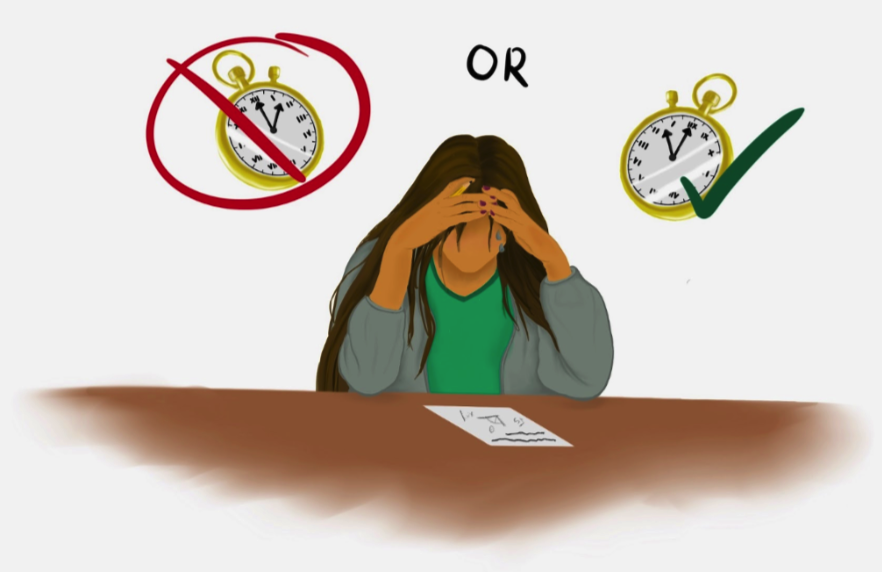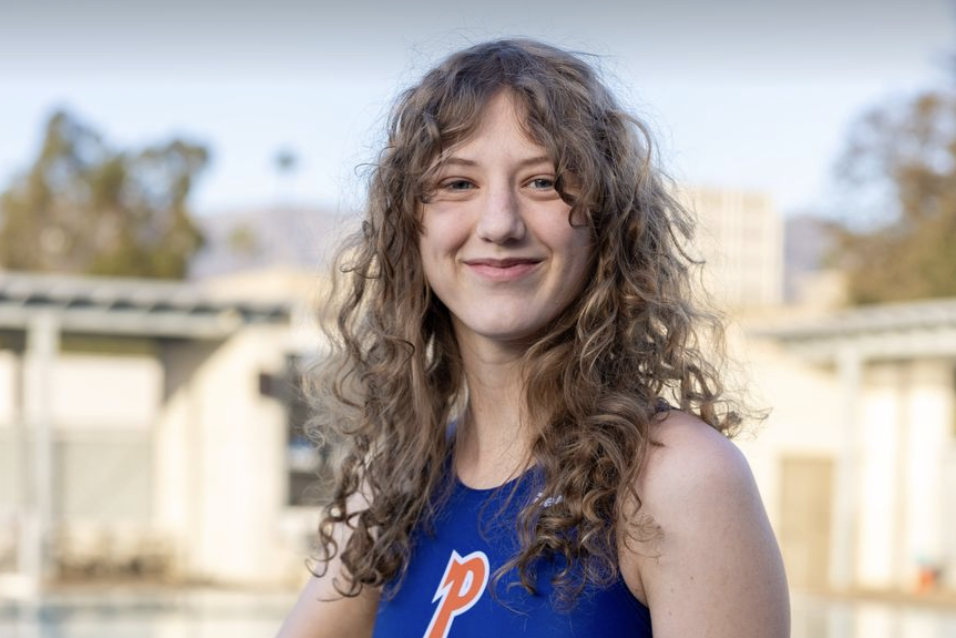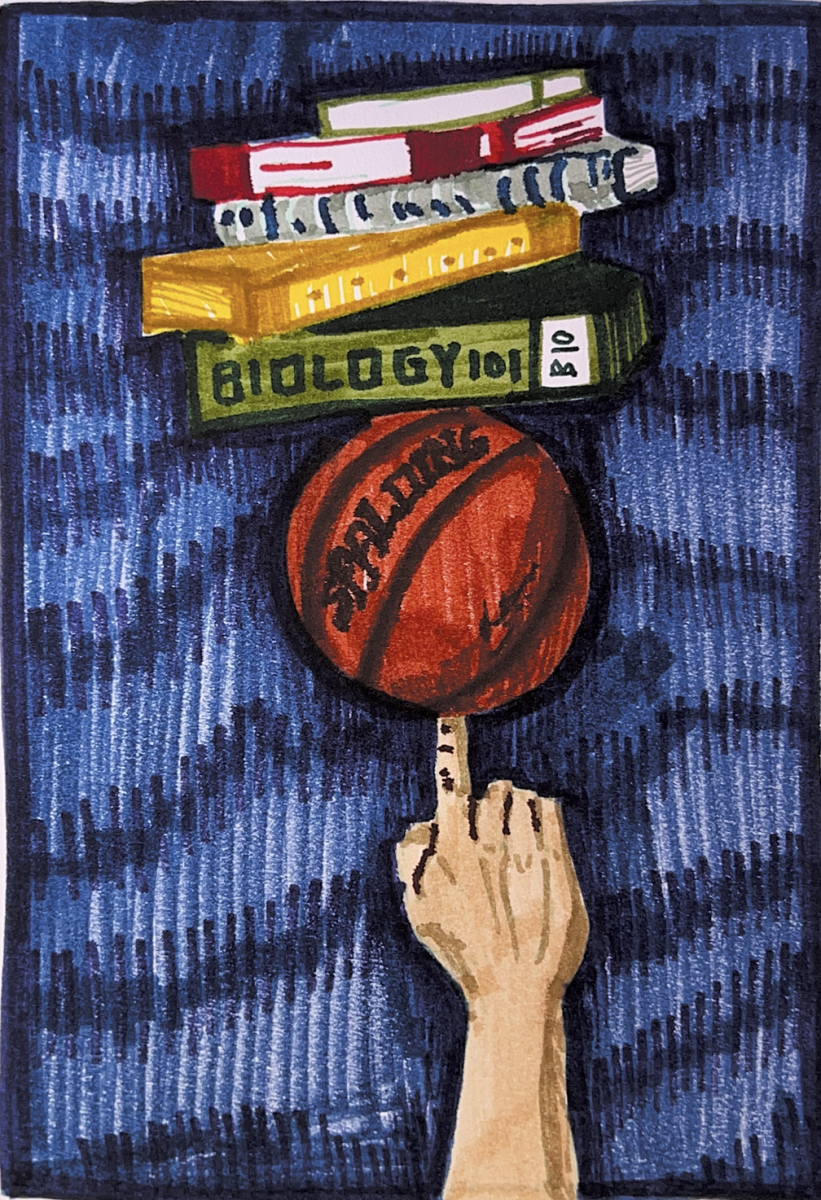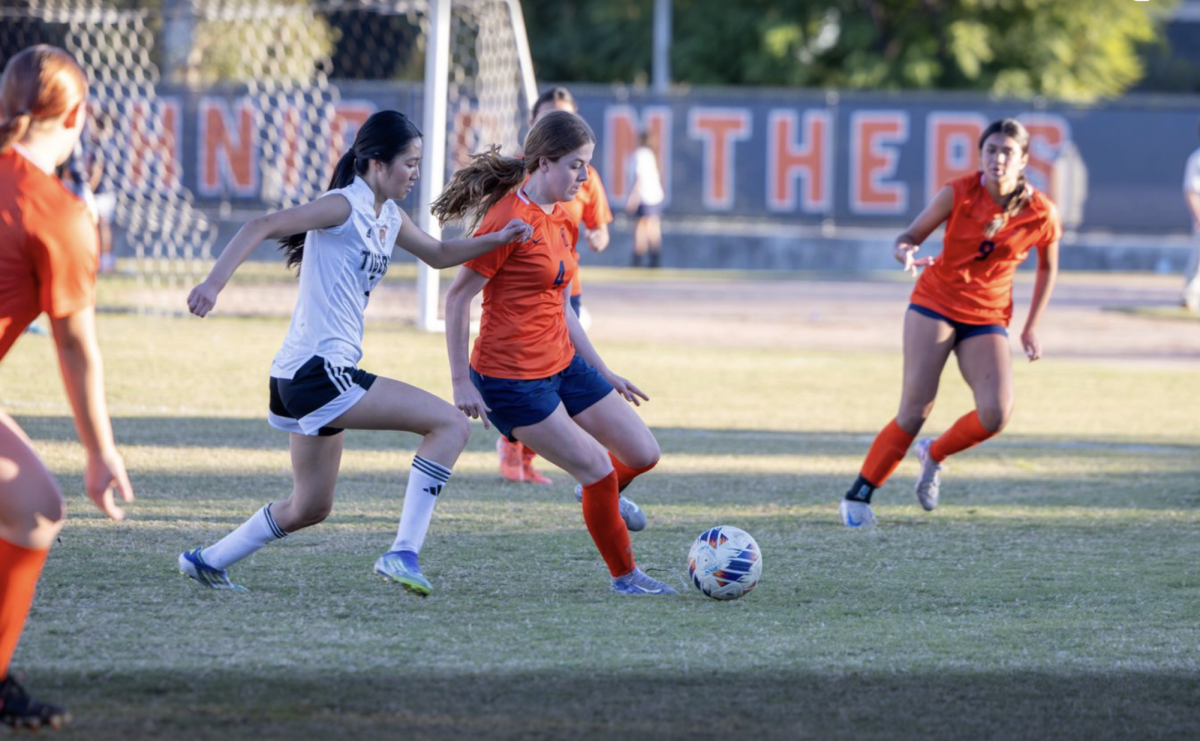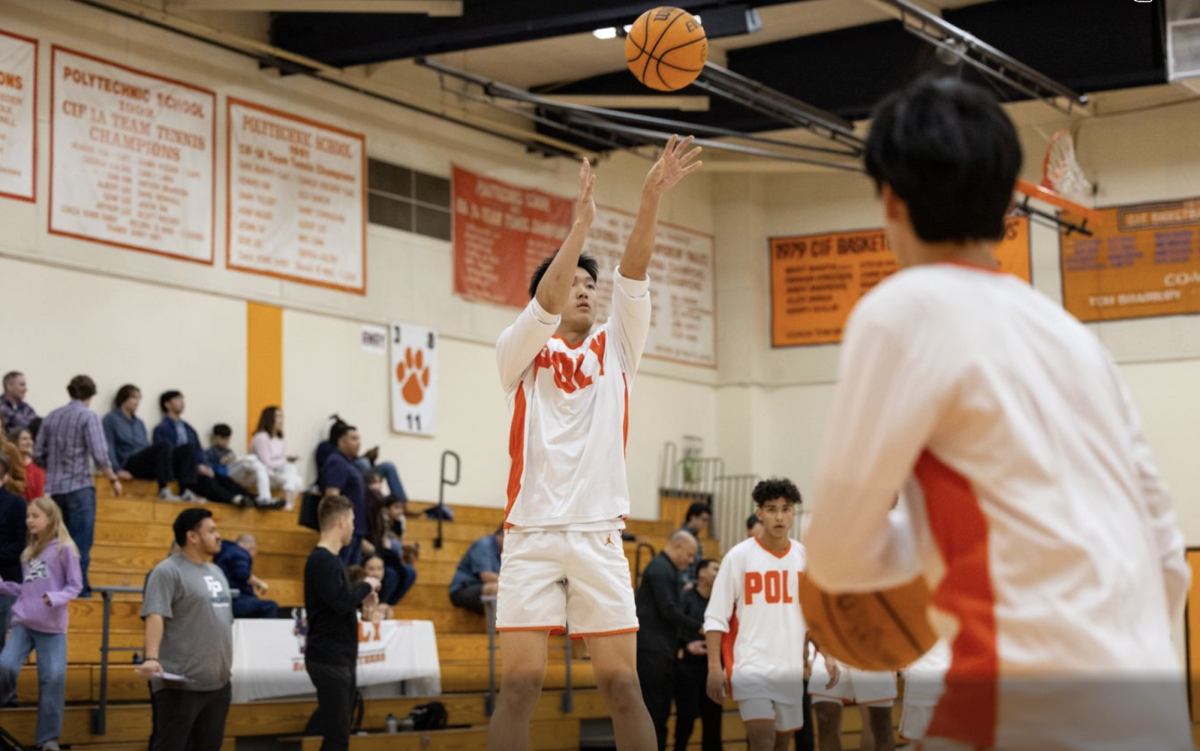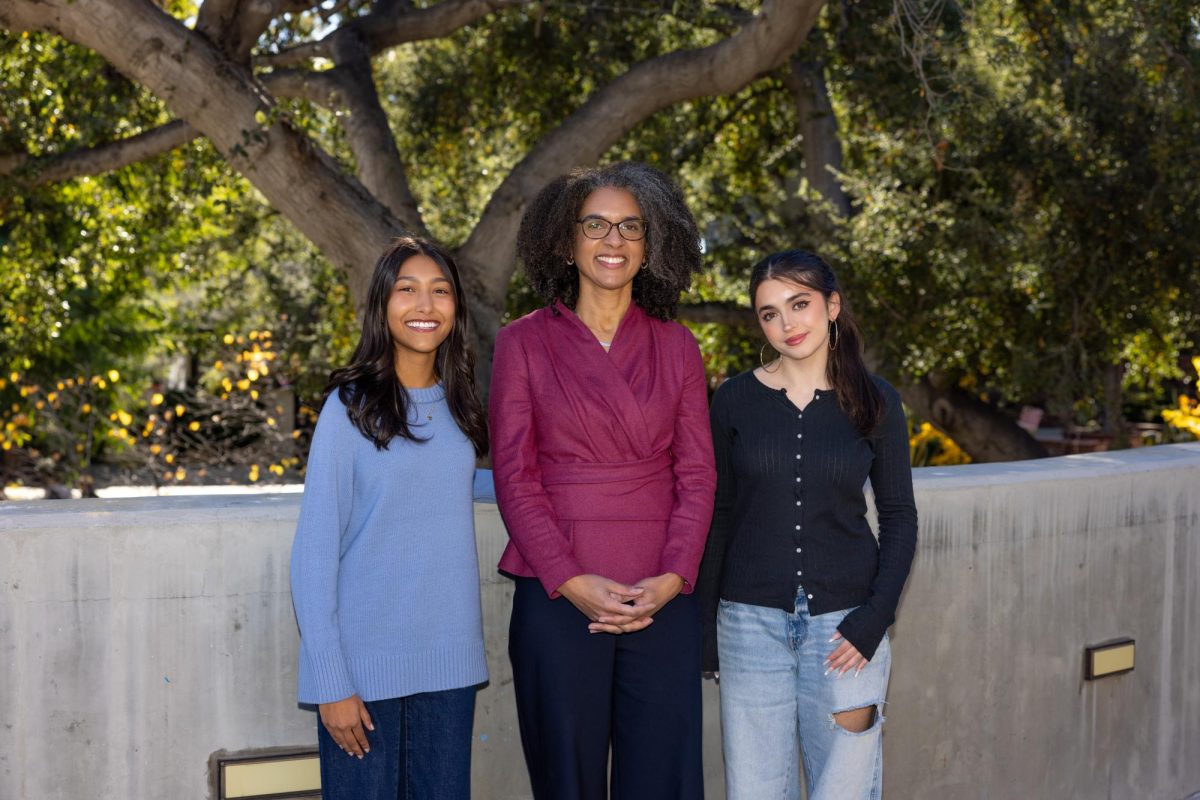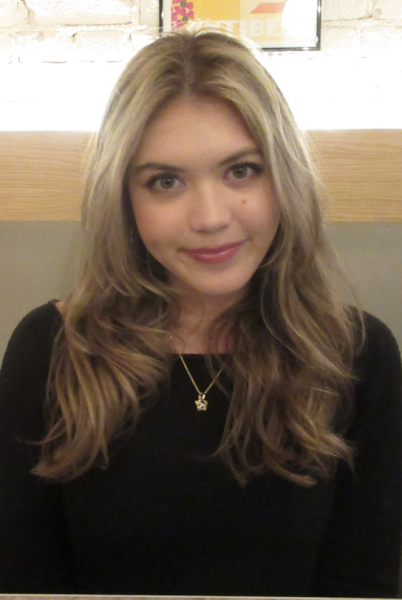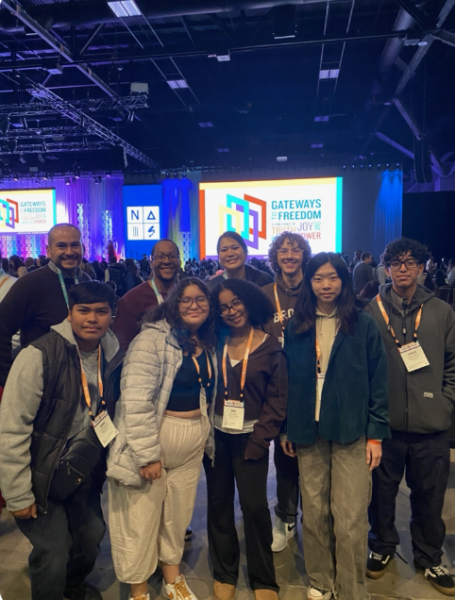
Six Poly Upper School students arrived in St. Louis, Missouri to participate in the annual Student Diversity Leadership Conference (SDLC), held by the National Association of Independent Schools (NAIS) from Nov. 29 to Dec. 2.
The students — senior Ellie Kim; juniors Alyssa Cobian, Ava Taylor and Jorge Martinez; sophomore Langston Standridge and freshman Uriel Resendiz — were accompanied by Director of Diversity, Equity and Inclusion Michaela Mares-Tamayo, 11th Grade Coordinator and Upper School Spanish teacher Cynthia Garcia-Macedonio, Upper School history teacher Norman Frazier, Upper School Counselor Justin Riddle, Upper School English teacher Alexander Jimenez and Upper School Director José Melgoza. While the students participated in SDLC, the chaperones participated in the People of Color Conference (PoCC), an NAIS hosted conference that Poly faculty have been attending for the past twenty years.
“For me, the highlight [of PoCC] was seeing so many Upper School faculty and staff members there who were also connecting with some of their peers in the Lower School,” said Mares-Tamayo. “I feel like it strengthened some of our cross-divisional efforts to have a more diverse, equitable and inclusive Poly community, and seeing our Upper School Director there and knowing that this was something that was truly a priority and a core part of who we are just made me feel that much more excited for the work and the way that we’re going to go.”
The conference hosted student leaders of color from independent high schools all over the world, forging connections with students and utilizing the time to evaluate identity on a racial and personal level.
This year, the conference explored the theme “Gateways to Freedom: Converging Truth, Knowledge, Joy, and Power.”
Standridge reflected, “It’s good to get different perspectives from people of color, because as a part of a certain racial group, you can still be different in your experiences. Some of these people don’t have the resources that we have here at Poly, so conferences like these are helpful to form empathy for these sorts of situations.” He continued, “We were able to obtain broader perspectives on racial issues, develop our communication skills and gain more understanding strategies for social justice.”
“[SDLC] provides an opportunity for our students to not only build up their leadership capacities, not only around connecting with their peers and advancing efforts to be a more inclusive community but also allowing them to do so in a national context,” shared Mares-Tamayo.

